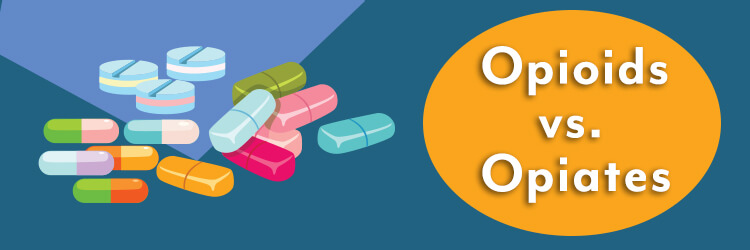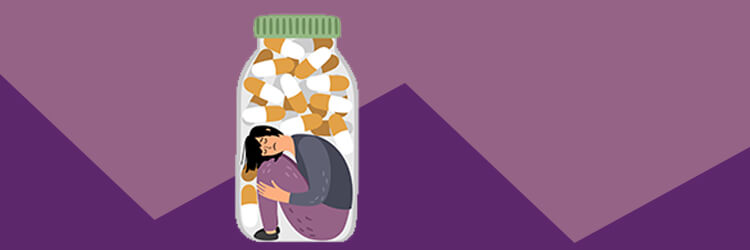You may have seen the words “opiate” and “opioid” used interchangeably. But in fact, they mean different things.
Opioid is a catch-all term referring to any drug that binds to a person’s opioid receptors, whether that narcotic is synthetically or naturally derived. Opiates are only those drugs naturally derived from the opium poppy plant. All opiates are opioids, but not all opioids are opiates.
When a person is in pain, their body naturally produces opioids such as endorphins. Opioid receptors are the proteins that interact with these opioids. Narcotic forms of opioids bind to these same opioid receptors to create pain-killing effects. People whose bodies do not naturally produce opioids like endorphins in large amounts may be prescribed opioids.
Though they differ in meaning, opioids and opiates produce a lot of the same feelings. These include pain relief, euphoria, and relaxation. Both may also cause dangerous side-effects such as digestive issues, slowed breathing, and respiratory issues. In cases of addiction to either opioids or opiates, medical detox is recommended.
Despite the distinction between opioids and opiates, both are equally addictive. The terms are often used synonymously because they create similar effects—and because treatment for addiction to either will look similar.
If you are struggling with Opioid Use Disorder, there is hope. TruHealing Centers offers high-quality, individualized treatment for addiction and mental health disorders. In cases where it’s deemed appropriate, we provide Medication-Assisted Treatment. This helps you gradually get off opioids while minimizing cravings and withdrawal symptoms.
At our centers across the country, our staff—many of whom are in recovery themselves—will help you process the root causes of your addiction and free you from substances. To find the treatment center that is right for you, call an admissions specialist at 410-593-0005.









